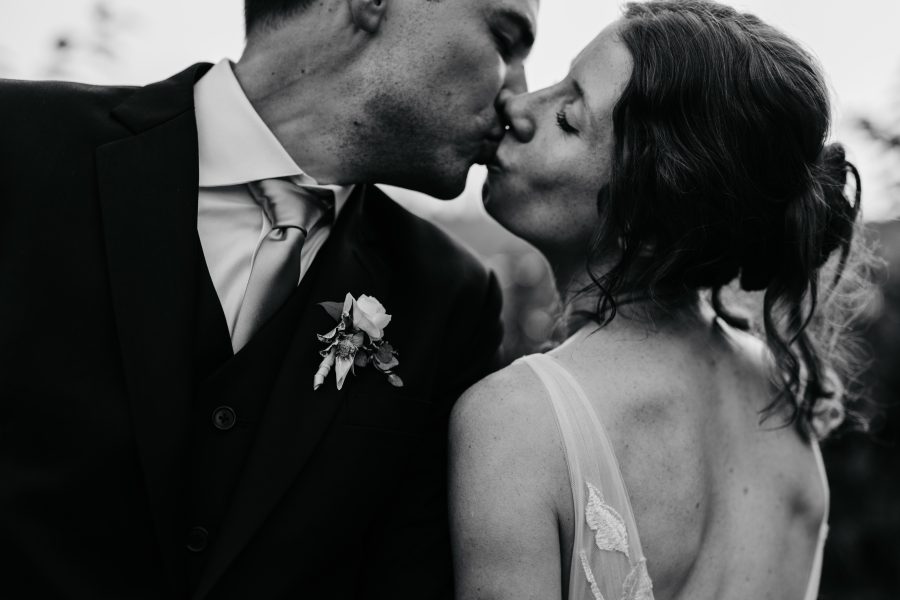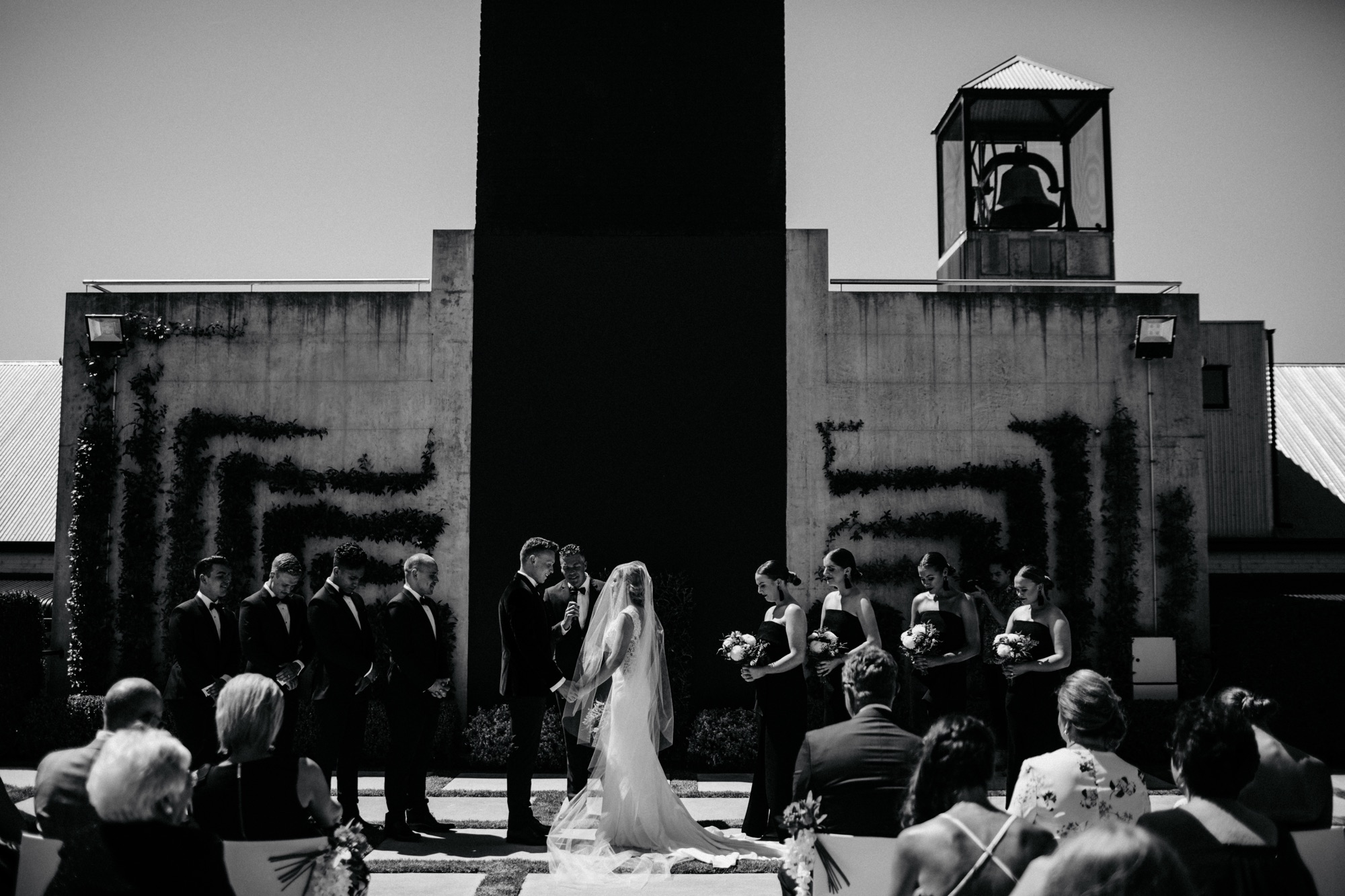Hidden Wedding Costs That Couples Often Overlook
Weddings are joyous celebrations, but sticking to a budget can be challenging when unexpected expenses crop up. While couples often account for venues, catering, and attire, hidden wedding costs can derail even the best-planned budgets. Understanding these costs and planning for them can save you from last-minute financial stress. As a wedding photographer in Vancouver, I’ve seen firsthand how these overlooked details catch couples off guard. Here’s an in-depth guide to common hidden wedding costs and tips for managing them effectively.

Photo and Venue Permits
Imagine planning your dream wedding shoot in a breathtaking location, only to discover you need a permit—and that it’s not cheap. Many popular photography spots, such as parks, historic buildings, and botanical gardens, require permits. Fees can range from $50 to several hundred dollars, depending on the location and its rules. How to Plan: Research potential locations early in your planning process and inquire about permit requirements. If you’re working with a seasoned wedding photographer, they may already know the requirements for popular spots in Vancouver and beyond. Include these fees in your overall budget for photography to avoid surprises.
Additional Photographer Hours
Wedding timelines don’t always go as planned. Delays during the ceremony or reception can extend the photographer’s workday, resulting in overtime charges. Many photographers charge by the hour once you exceed the contracted time, which can add hundreds to your bill. How to Plan: Book your wedding photographer for a few extra hours beyond your planned schedule to account for unexpected delays. Discuss overtime rates before signing your contract so you’re prepared if the day runs longer.
Service Charges and Gratuities
Catering companies, bartenders, and transportation providers often include service charges in their contracts, which can catch couples off guard if they don’t read the fine print. Gratuities for staff, while customary, are another expense that couples sometimes forget to budget for. How to Plan: Carefully review vendor contracts to understand what’s included. Service charges are typically non-negotiable, but knowing about them in advance helps with planning. Allocate 10–20% of the service cost for gratuities and include this in your budget.
Attire Alterations and Accessories
While you may fall in love with the perfect dress or suit, it’s rare for wedding attire to fit perfectly off the rack. Alterations are often necessary and can add significant costs. Accessories like shoes, veils, ties, and jewelry are easy to overlook but essential for completing your look. How to Plan: Ask about alteration costs when purchasing your wedding attire and get a detailed quote. Create a separate budget for accessories to ensure you’re fully prepared for all attire-related expenses.
Post-Wedding Expenses
After the big day, there are additional costs you might not anticipate, such as cleaning and preserving your wedding dress or tipping vendors. These small but necessary tasks can add up quickly, especially after you’ve already stretched your budget. How to Plan: Set aside funds specifically for post-wedding expenses. If you’re planning to preserve your wedding dress, research services and costs in advance. Tipping vendors is a customary gesture of appreciation, so factor it into your overall budget.
Transportation for Guests
If your venue is in a remote location or you have many out-of-town guests, providing transportation might become necessary. Renting shuttles or buses can ensure your guests arrive safely, but it’s an expense many couples overlook. How to Plan: Get quotes from transportation providers early in the planning process. Consider covering transportation for key events like the ceremony and reception but communicate clearly with guests if they’re responsible for their own rides for other parts of the weekend.
Unanticipated Decor Costs
As your wedding vision evolves, you might decide to add last-minute decor items, upgrade rentals, or incorporate additional lighting. While these touches can enhance your venue, they also come with additional costs. How to Plan: Stick to your original decor plan as closely as possible. For smaller details, consider DIY options or sourcing items from affordable local vendors. Discuss your vision with your planner or decorator to avoid unnecessary upgrades.
Cake Cutting Fees
Many venues charge a fee for cutting and serving cakes from outside vendors. These fees typically range from $2 to $5 per slice, which can add up quickly if you’re serving a large number of guests. How to Plan: Before booking your cake vendor, ask your venue about cake cutting fees. Some couples opt for a smaller display cake for photos and serve sheet cake for the guests, which can reduce costs without compromising on taste or presentation.
Vendor Meals
Vendors like photographers, videographers, and DJs often work through the entire event and require meals. While it’s customary to provide food for them, this expense can be overlooked during the planning process. How to Plan: Confirm the number of vendor meals needed with your caterer and include this in your food and beverage budget. Providing a hearty meal helps keep your vendors energized and ensures they’re ready to capture or facilitate your big moments.
Wedding Insurance
While not a requirement for all couples, wedding insurance can protect you from unexpected cancellations, damage, or vendor issues. Policies vary in cost depending on the coverage but typically range from $100 to $500. How to Plan: Discuss wedding insurance options with your planner or venue to determine if it’s necessary for your event. While it’s an additional expense, it can provide peace of mind in case of unforeseen circumstances.
Tips for Budgeting Smarter
Track Every Detail: Use a spreadsheet or wedding budgeting app to track expenses and avoid overlooking small costs. Include a contingency fund to cover unexpected expenses. Ask for Transparency: When working with vendors, don’t hesitate to ask about hidden fees, taxes, or additional costs. Work with Experienced Professionals: Experienced wedding planners, photographers, and vendors can help you anticipate and manage common hidden costs.
Planning for hidden costs ensures your wedding day is as stress-free as possible. By accounting for everything from photo permits to vendor meals, you’ll be better prepared to handle your wedding budget. For more tips and expert services, visit White Wall Weddings, your trusted partner for wedding photography in Vancouver.

Share this story


